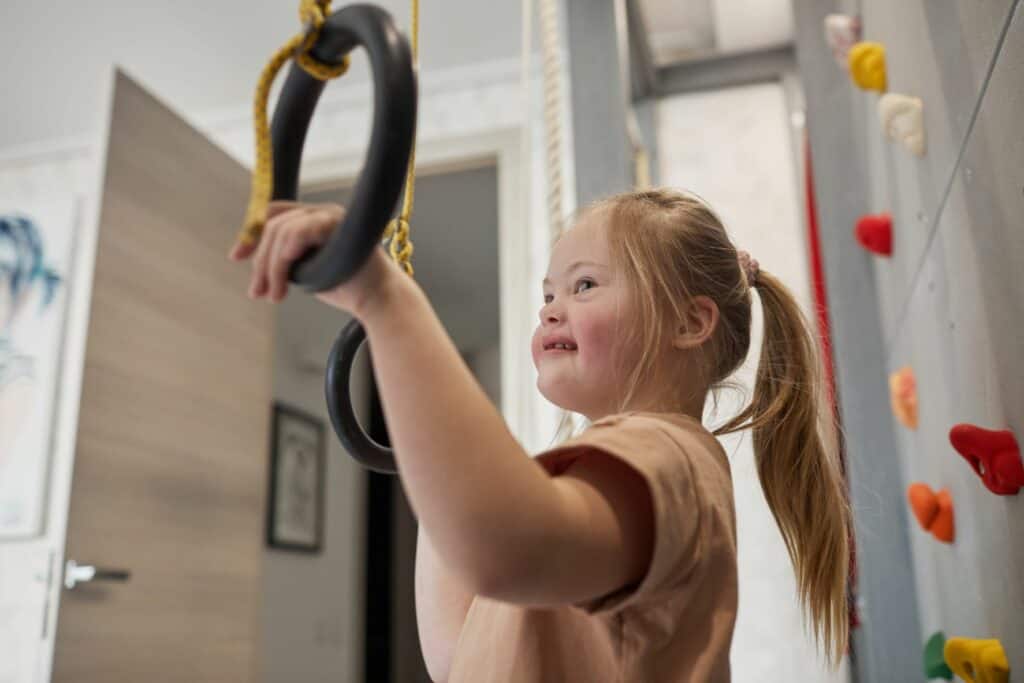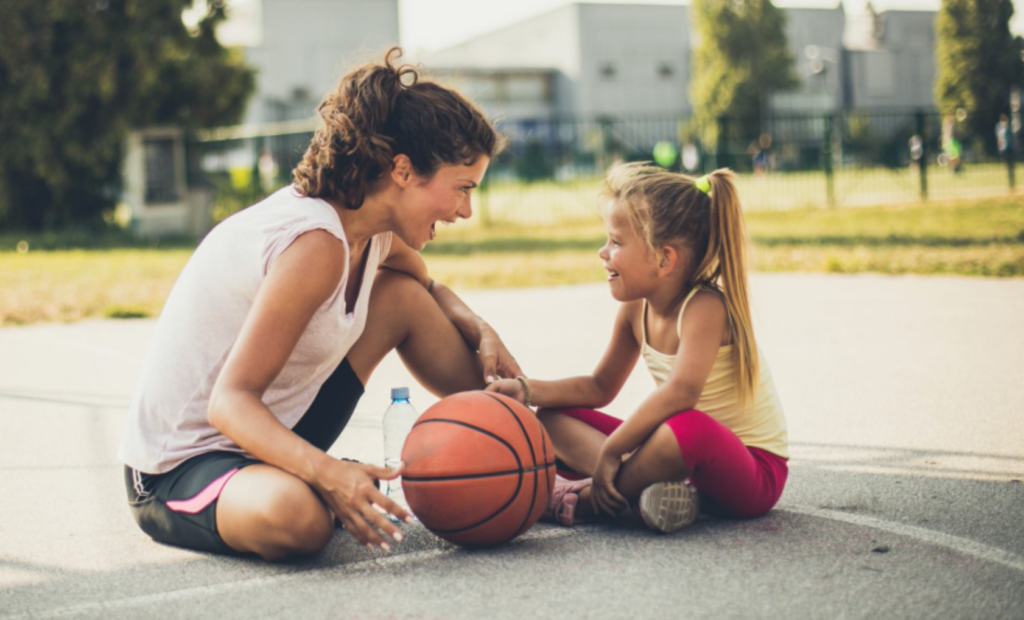Concussion reporting
Did you know that an athlete’s decision to report a concussion is influenced by their age and gender? While girls and women aged 13 and older are more likely to report concussion symptoms than boys and men in the same age group, research shows that girls under the age of 13 are less likely to…
Communicating evaluation findings
“Communicating evaluation findings is like giving a TED Talk. The story you should tell is inside of you.” In the SIRC blog, Chris Penrose, Director of Programs and Operations at Lay-Up Youth Basketball, shares insights on learning from and communicating the findings of a program evaluation.
Help out a mate
Boys are less likely than girls to seek help for mental health concerns, but a new evidence-based mental health literacy program in Australia is aiming to change that. Boys that participated in the 45-minute workshop reported increased confidence and intentions to seek and provide help for mental health concerns. The boys in this program preferred…
Concussion reporting
Attitudes and social norms that prioritize athlete performance can prevent parents and guardians from discussing concussion reporting with their kids. Educational initiatives targeting parents and guardians are needed to address these attitudes and norms, while emphasizing the benefits of parent/guardian-athlete communication, such as developing closer bonds.
Children and youth with intellectual disabilities
Program providers don’t always have the knowledge and resources to meet the needs of children with intellectual disabilities. For this reason, researchers from the Canadian Disability Participation Project partnered with Special Olympics Canada to develop A Blueprint for Building Quality Participation in Sport for Children and Youth with Intellectual Disabilities. The Blueprint offers 30 strategies to…
Help youth help each other
The number of concussions reported among Canadian youth has increased annually by 10.3% between 2004 and 2015. Even so, many concussions go unreported. To improve concussion reporting and health outcomes for youth, consider how youths’ social networks influence their behaviour, and explore new ways of enabling youth to help each other learn about concussion.
SIRC Match Grants
SIRC’s Researcher/Practitioner Match Grants are designed to support the implementation of research into practice through collaborations between sport organizations and researchers. Last year, researchers from the University of Waterloo partnered with the Township of Woolwich to pilot an 8-week co-participation swim program for mothers and daughters. Read about their findings in the SIRC blog.
New True Sport Report sheds light on the potential power of sport in a changing world

On February 1, the Canadian Centre for Ethics in Sport (CCES) published “Power of Sport: The True Sport Report.” The new publication builds on “What Sport Can Do: The True Sport Report” (2008) that provided conclusive evidence of how good sport can be used intentionally to positively influence a wide range of societal goals. Those…
Co-participation
Parents and guardians are frequently left on the “sidelines” watching their children participate in sport. Sport organizations can help families overcome barriers to physical activity through co-participation programs. These programs offer organized, intentional opportunities for family health and well-being.
Why youth sport isn’t just for kids: it benefits mom too!

Highlights Sport mom (noun, ???? spohrt mahm) Parents with a child or teen involved in sport know that along with the daily responsibilities of parenting, youth sport demands time, money and a degree of emotional restraint (Hayward et al., 2017). They also know that it comes with opportunities to face new challenges, belong to a…